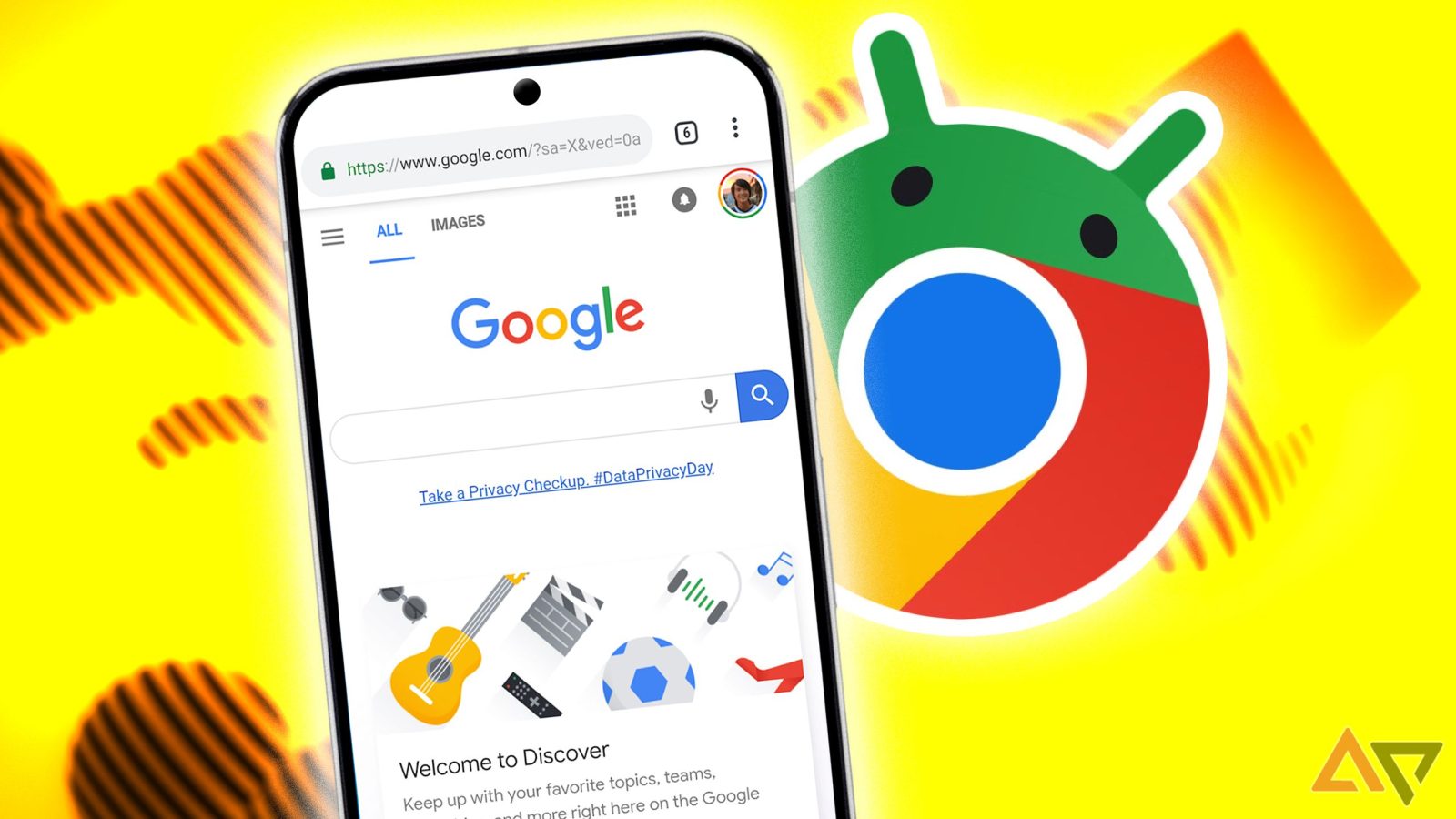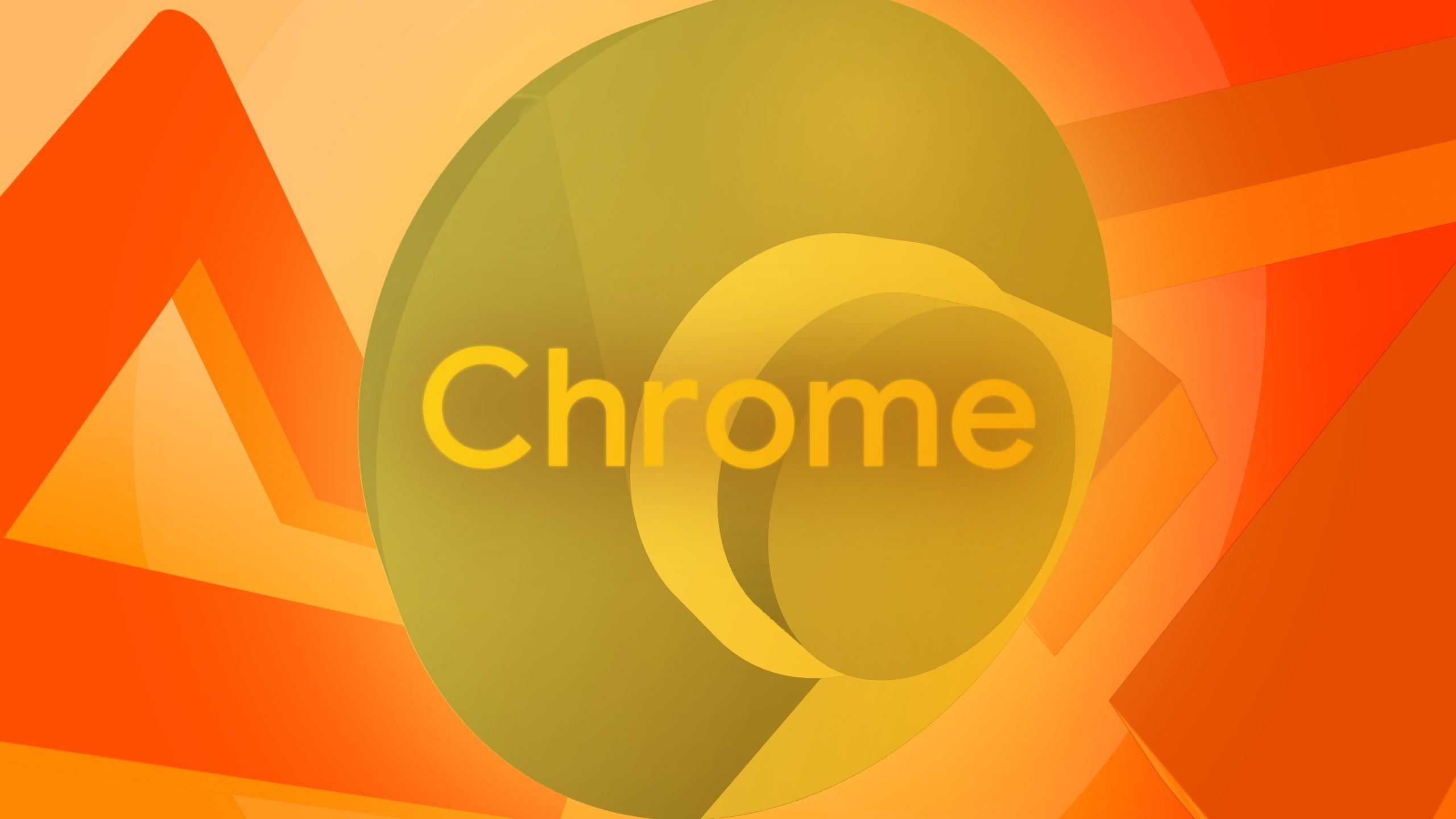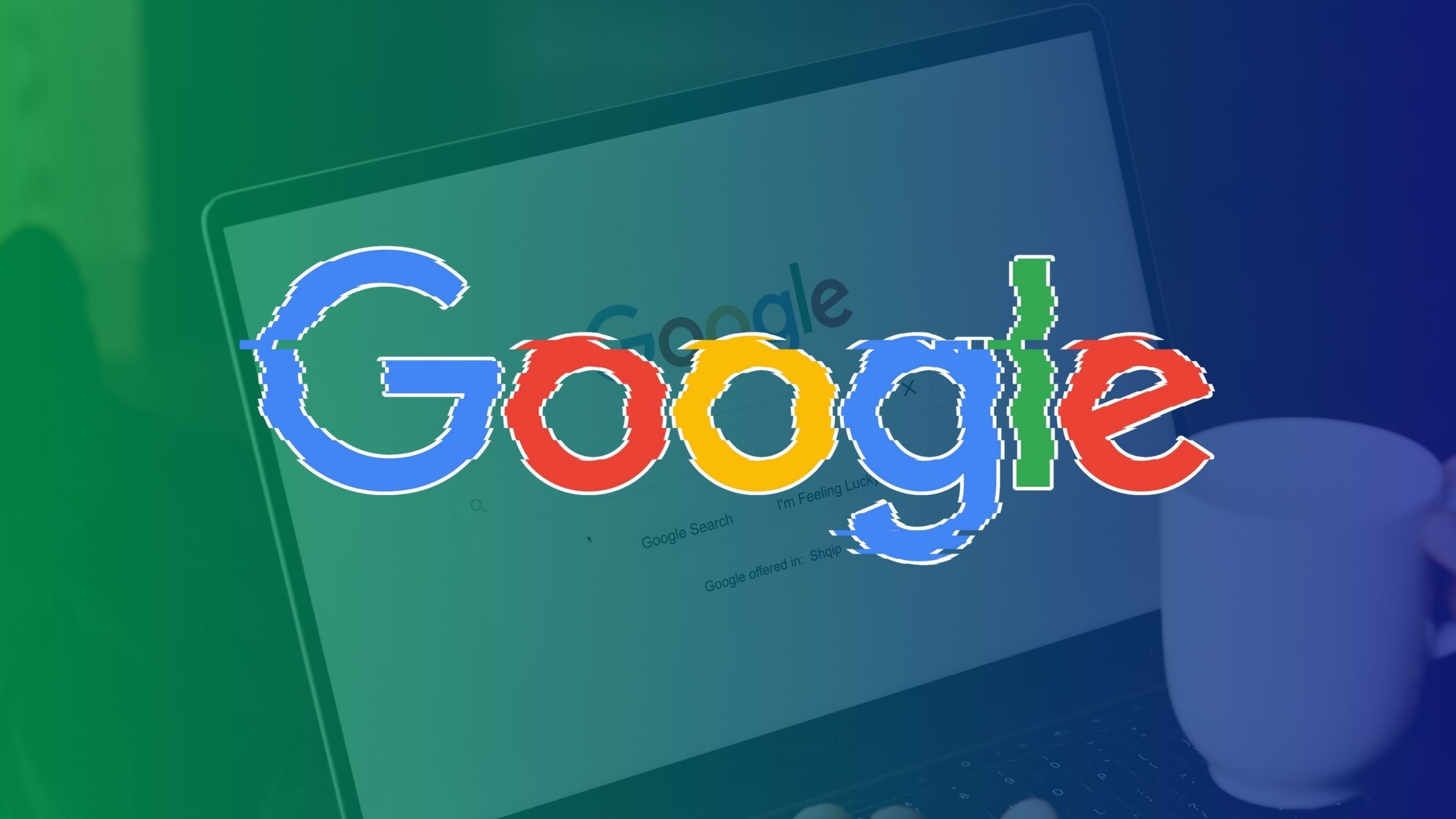
Summary
- Google is facing a major antitrust case that could force it to split up parts of its business, with Chrome being one of the first targets.
- Ultimately, multiple companies, including OpenAI, Perplexity, and Yahoo, have shown interest in buying Chrome if Google is forced to split it off.
- Google argues that only it can properly run Chrome, since many of the browser’s features depend on Google’s internal servers.
Google’s no stranger to lawsuits, especially antitrust cases. While the company has fought plenty before, it’s rare for a case to threaten one of Google’s most prized possessions — Google Chrome. If you aren’t aware, the tech giant was caught breaching antitrust law and using anticompetitive practices to dominate online search, ultimately finding itself stuck in the U.S. Supreme Court back in August 2024.
The case claims that Google has contracts with Apple and Android to set Google Search as the default search engine on their devices. In fact, last May we reported that the Mountain View, California-based company, allegedly paid Apple a whooping $20 billion in 2022 to set Google as the default search engine in Safari on iPhones, iPads, and iPhones. Ultimately, a US judge, Amir P. Mehta, ruled against Google, claiming that “Google is a monopolist, and it has acted as one to maintain its monopoly.”
It then proposed the idea of Google splitting and selling parts of its business to dismantle Google’s monopoly, in addition to ideas like limiting agreements with companies like Apple and considering “remedies that would prevent Google from using products such as Chrome, Play, and Android to advantage Google Search.”

Related
Other companies, including OpenAI, Perplexity, and Yahoo, have already expressed their interest in purchasing the Chrome browser. With all the chaos going on, and with companies wanting to give owning the most popular browser in the world a shot, Google decided to step in and make its own argument for keeping Chrome. And when you think about it, their argument unexpectedly makes…sense.
Google claims Chrome is best left in its own hands

As reported by Bloomberg, the general manager of Google Chrome, Parisa Tabriz, testified during the DOJ’s antitrust investigation that it’d practically be impossible to “disentangle” Google, and that it’s “unprecedented.” The company believes that the only company that can effectively run the browser is, well, Google. There’s a completely good reason for it, though.
Typically, you’d imagine that the company who would buy Chrome would end up with all its services. Surprisingly, it doesn’t work this way. Chrome contains numerous services that rely on other Google servers, and if the company were forced to sell off Chrome, separating it from its parent company would end up in nothing but disaster.
Tabriz illustrated this reliance by giving an example of Google Chrome’s Safe Browsing mode and password breach identification, mentioning that both of them rely on shared Google infrastructure. She mentioned that she doesn’t believe these features could be recreated if someone were to end up buying Chrome.
A computer science professor at Harvard University (who also served as an expert for Epic Games Inc.) seems to think otherwise, though. At the end of the day, this is something we’ll only figure out with time, and it’s nothing but a game of waiting and watching to see what Google’s fate will be. Unfortunately (for Google), it does seem like things aren’t looking too good for Chrome, even though the company does have a point.
What’s your reaction?
Love0
Sad0
Happy0
Sleepy0
Angry0
Dead0
Wink0









![[open-thread]-are-google-apps-still-great,-or-just-getting-in-their-own-way?](https://betadroid.in/wp-content/uploads/2025/05/21214-open-thread-are-google-apps-still-great-or-just-getting-in-their-own-way-370x250.jpg)
Leave a Reply
View Comments